Relationships can be a rollercoaster of emotions, filled with moments of love, joy, and connection. But what happens when negative emotions creep in, and you find yourself thinking, “I hate my girlfriend”? This can be an unsettling realization, but it doesn’t necessarily mean the relationship is over. Loving and hating someone at the same time is more common than you might think.
These feelings often stem from unresolved issues, unmet expectations, or emotional stress rather than genuine hatred. By understanding why you feel this way and how to address it, you can gain clarity and decide the best path forward for your relationship and personal well-being. To bring you some expert insights, we talked to a California-based psychiatrist and cognitive behavior therapist, Dr. Shefali Batra (MD in psychiatry), who specializes in counseling for separation and divorce, breakup and dating, and premarital compatibility issues. Let’s explore the reasons behind these complex emotions and what you can do to navigate them.
Is It Normal To Hate Your Girlfriend?
Table of Contents
It’s absolutely normal sometimes. You can be deeply in love with someone and still feel frustrated, annoyed, or even downright angry with them. Dr. Batra shares, “Relationships are a complex stew of emotions, and positive and negative feelings often coexist. Research shows that while we’re consciously aware of our positive emotions toward a partner, underlying negative feelings can lurk beneath the surface.”
For instance, you might love her adventurous spirit but feel resentment when her spontaneous plans derail your carefully organized day. Recognizing these mixed emotions is the first step toward addressing them constructively. Remember, feeling like “I hate my girlfriend” doesn’t mean the relationship is doomed—it means you’re human. When love turns to hate, you have a choice: work through the issues or let the negativity fester. Let’s explore why you might feel this way and what you can do about it.
Why Do I Hate My Girlfriend? 7 Possible Explanations
You’re sipping your coffee, scrolling memes, and then—bam! You catch yourself thinking, Why do I hate my girlfriend so much right now? Like the feeling suddenly crept up to you. It’s not always about hate—it’s deeper. If you’ve found yourself entering that phase when you start hating your girlfriend, know that it often results from unresolved feelings or unmet emotional needs. Let’s dig into some common reasons why such emotions might surface and how they reflect on your relationship dynamics.
1. You feel trapped in the relationship
If your girlfriend texts, “Where are you?” before you’ve even opened your eyes in the morning, it might feel suffocating. Constant monitoring can blur the lines between love and control, making you think, I hate my relationship. But is it really hate? Often, it’s a lack of personal space. Feeling trapped is a sign that boundaries are missing. Healthy relationships thrive on balance—time together and apart. Dr. Batra advises, “Reflect on whether you’ve expressed your need for space or if you’ve let resentment build. Start by communicating your feelings calmly and clearly. Explain that having time to yourself helps you recharge and show up better in the relationship.”
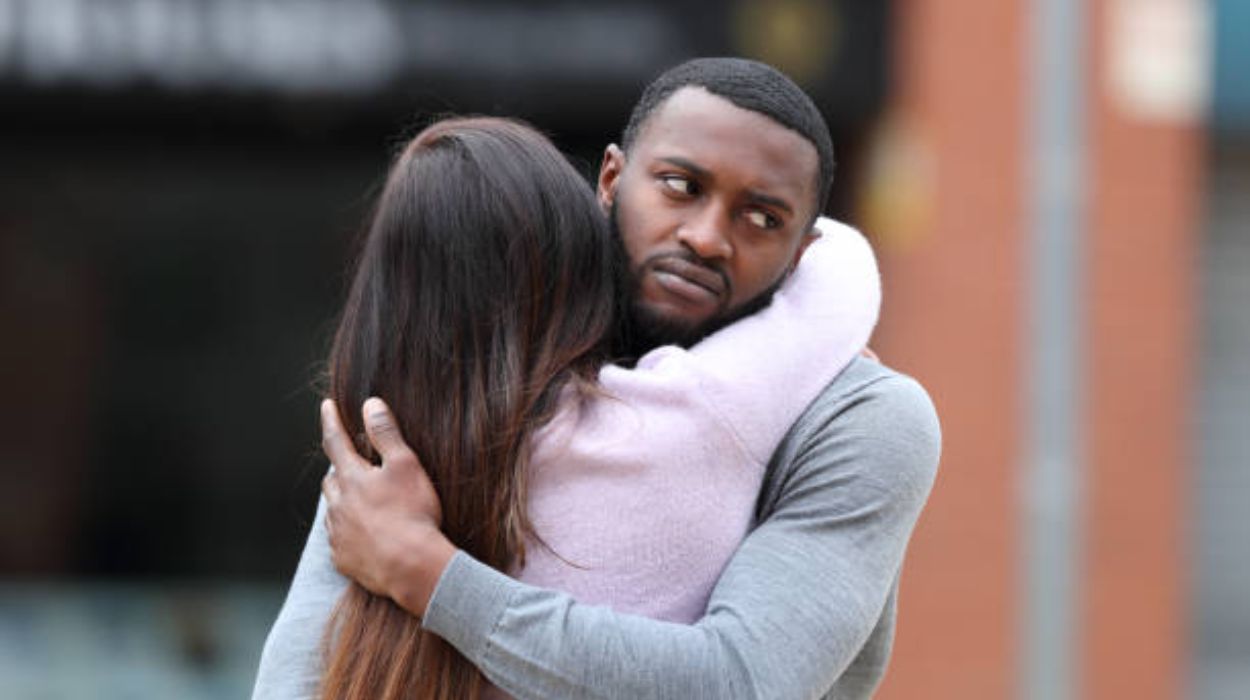
2. She reflects your own flaws back at you
Dr. Batra says, “Does her nitpicking drive you insane? Sometimes, the traits you dislike in your partner reflect your own flaws. If she constantly corrects you, it might hit a nerve because you’re already self-conscious about not being perfect.” Loving and hating someone at the same time often stems from unresolved insecurities. Instead of focusing on her actions, ask yourself: Why does this bother me so much? Turning inward might reveal that your frustration has more to do with your own self-perception than her behavior. This awareness can help you grow as an individual while addressing the relationship dynamic.
3. Resentment is building from past experiences
Resentment can sneak up on you. Maybe she forgot your birthday last year, and you’ve held onto that hurt. These small grievances can pile up until you catch yourself thinking, I hate my partner. As this Reddit user put it, “There is a fairly high chance that your partner will eventually do something that irritates you at some point in the relationship, and vice versa. If you’re a mature adult, you communicate and overcome it. If not, you dwell on it and resent each other.”
Unresolved grudges poison relationships over time, creating a disconnect between partners. Instead of letting resentment grow, address the issue. Bring up the specific moments that hurt you, and share your feelings constructively. Focus on resolving conflicts rather than blaming. This approach allows you both to clear the air and rebuild trust.
Related Reading: How To Win Your Ex Back – And Make Them Stay FOREVER
4. You’ve started growing in different directions
Dr. Batra says, “You’ve started loving podcasts, while she’s still obsessed with karaoke nights. As your interests diverge, it’s easy to feel disconnected. When love turns to hate, it often signals that the relationship needs effort to bridge the gap.” Ask yourself: Can I still find joy in her happiness? If the answer is no, it might be time to reassess the relationship. Differences don’t have to mean the end of love, but they do require understanding and compromise to maintain connection and appreciation.
5. Your love languages are out of sync
She showers you with hugs, but you’d rather hear words of affirmation. Miscommunication about love languages can lead to frustration and unmet needs. If you’re wrestling with the feeling, “I hate my gf”, consider whether the issue is a simple misunderstanding of how you express and receive love. Discuss what makes each of you feel appreciated, and try to align your actions with each other’s preferences. Small adjustments can make a big difference in how valued you both feel.
Related Reading: I Regret Divorcing My Husband, I Want Him Back
6. Unmet expectations are causing disappointment
Maybe you thought she’d cook like your mom, or you expected her to always support your plans. Unrealistic expectations can slowly lead you to that phase when you start hating your girlfriend. Remember, she’s a person with different opinions, quirks, and personality and you can’t just make her fit a certain mold. Dr. Batra advises, “Adjusting your expectations can help you see her for who she is, not who you want her to be. Relationships thrive when both partners are accepted as their authentic selves rather than held to impossible standards.”
7. You’re projecting your own stress onto her
Sometimes, life’s stressors—work, family, or personal struggles—can spill into your relationship. You might think, I hate my girlfriend, when in reality, you’re frustrated with yourself or external circumstances. Pause and reflect: Am I upset with her or something else in my life? This realization can shift your perspective and help you approach the issue with empathy. Instead of blaming her, address the root cause of your stress and communicate how you’re feeling.
11 Tips To Deal With Being With A Girlfriend You Hate
So, you’ve realized, I hate my relationship (or at least parts of it). Now what? Before you jump to breaking up as a solution, take some time to reflect on this: Apart from the resentment, do I still feel love for my girlfriend? If the answer is yes, Why not put in efforts to save the relationship? Whether it’s a passing phase or a deeper issue, here’s how to navigate your emotions without causing unnecessary harm to yourself or your partner.
1. Accept and validate your feelings
Admitting, “I hate my girlfriend,” is tough, but denial won’t help. Acknowledge your emotions without guilt. Dr. Batra shares, “Recognizing these feelings is the first step toward understanding whether they’re temporary or indicate a deeper problem. Reflect on why you’re feeling this way and give yourself permission to feel frustrated or upset. Emotions are signals, not judgments.”
2. Pinpoint what specifically bothers you
Identify the exact behaviors or situations that trigger your irritation. Is it her habit of interrupting you? Her obsession with astrology? Knowing your triggers helps you respond thoughtfully instead of reacting impulsively. This clarity allows you to have more constructive conversations and prevents misunderstandings.
Related Reading: What Is Affection In A Relationship And How To Show It
3. Establish and communicate healthy boundaries
If her constant texting feels overwhelming, communicate your need for personal space. Boundaries aren’t about shutting her out—they’re about creating a balanced relationship and ensuring both partners feel respected. Explain how having time for yourself benefits both of you by reducing tension and increasing appreciation.
4. Focus on the positive aspects of your relationship
Even when frustrations mount, remember the good things about your relationship. Maybe she’s the one who encouraged you during tough times or helped you achieve a personal goal. Dr. Batra advises, “Shifting your focus can help you see the relationship in a more balanced light. Gratitude fosters resilience and strengthens emotional connection.”
5. Vent to someone you trust or a professional
Share your feelings with a trusted friend or a therapist, like Bonobology’s panel of experts. instead of bottling them up. Avoid venting to mutual friends or group chats, as this can damage trust. A supportive, unbiased perspective can help you process your emotions and find solutions.
Related Reading: 15 Signs You’ll Get Back Together With Your Ex
6. Address specific issues calmly and constructively
If her baby talk annoys you, calmly express your feelings instead of snapping. Use “I” statements to explain your perspective without placing blame. For example, “I feel distracted when we communicate this way and would prefer a more serious tone.” Constructive conversations foster understanding and prevent resentment.
7. Take some time for yourself
If the feelings of resentment seem too overwhelming, spending time apart can bring clarity and reduce tension. Whether it’s a weekend trip or an evening with friends, solo time helps you reflect on your feelings and recharge. Absence can make the heart grow fonder, or at least help you approach the relationship with a fresh perspective.

8. Avoid passive-aggressive behaviors
Dr. Batra says, “Don’t resort to petty tactics like ignoring her texts or hiding her things out of spite. These actions only escalate tensions and create unnecessary drama.” Addressing issues maturely and openly is a more effective way to resolve conflict. Sit down to have an honest conversation and make sure to keep your tone calm and respectful.
9. Find humor in the frustrations
Sometimes, laughter really is the best medicine. If her quirks irritate you, try to see the humor in them. Humor can diffuse tension and remind you of why you were drawn to her in the first place. Sharing a laugh can strengthen your bond and lighten the mood.
10. Reflect on why you’re still in the relationship
Ask yourself why you’re in the relationship. What keeps you together? If the negatives outweigh the positives, it might be time to move on. Honest reflection is crucial for making the right decision. Consider whether your feelings are temporary or a sign that your needs are no longer being met.
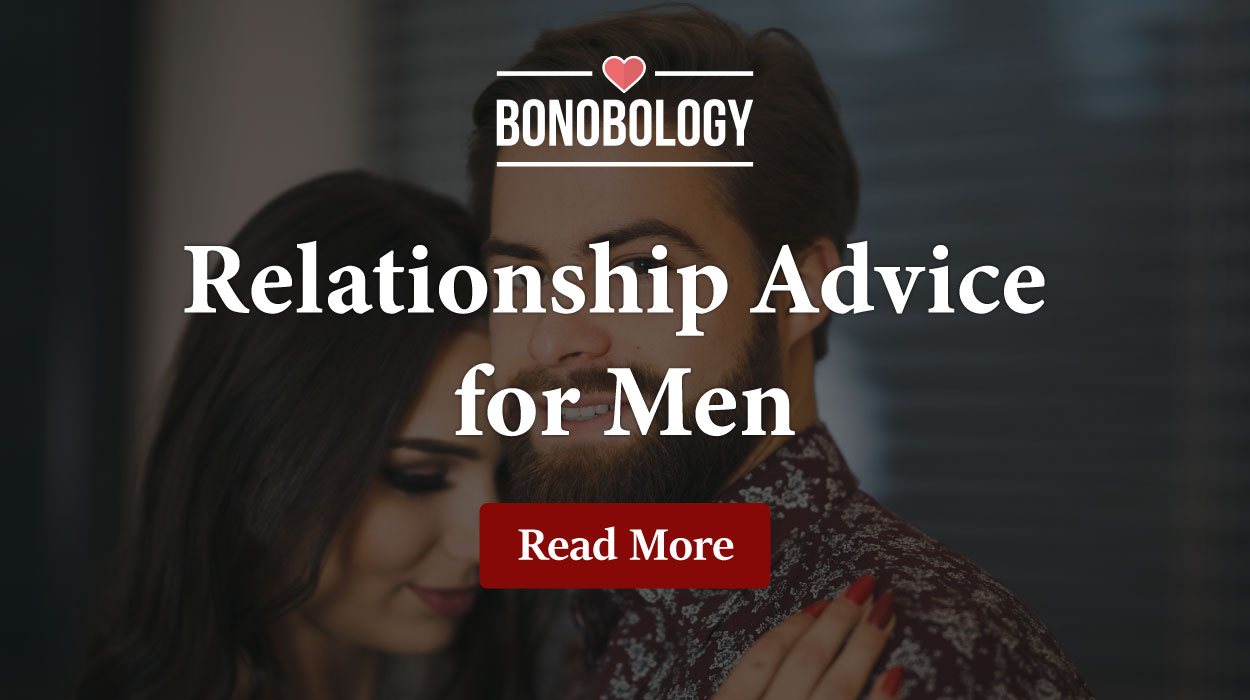
11. Seek professional help if needed
If the relationship feels like a constant struggle, couples therapy can help. A neutral third party can provide insights and tools to navigate conflicts effectively. Therapy isn’t a sign of failure—it’s a step toward understanding and growth for both partners.
Key Pointers
- Mixed emotions in relationships are normal. Feeling like I hate my girlfriend doesn’t mean the relationship is doomed
- Negative feelings often stem from unresolved issues, unmet expectations, or personal insecurities
- Addressing triggers, setting boundaries, and focusing on positives can improve your relationship
- Communication and reflection are key to understanding whether the relationship is worth saving
- Professional help can provide clarity and tools for navigating difficult emotions
Final Thoughts
Feeling like, “I hate my gf,” can be unsettling, but it’s a natural part of any relationship. Loving and hating someone at the same time reflects the complexity of human emotions. When love turns to hate, it’s an opportunity to reflect and grow—both individually and as a couple. Whether you choose to work through the issues or part ways, prioritize your emotional well-being. Relationships are a journey, and every challenge is a chance to better understand yourself and your partner.
How To Start Dating: Tips For Beginners & Those Starting Again
Your contribution does not constitute a charitable donation. It will allow Bonobology to continue bringing you new and up-to-date information in our pursuit of helping anyone in the world to learn how to do anything.

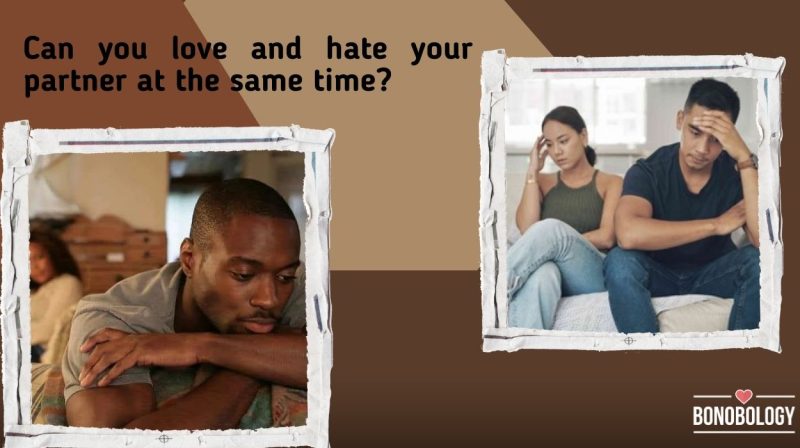

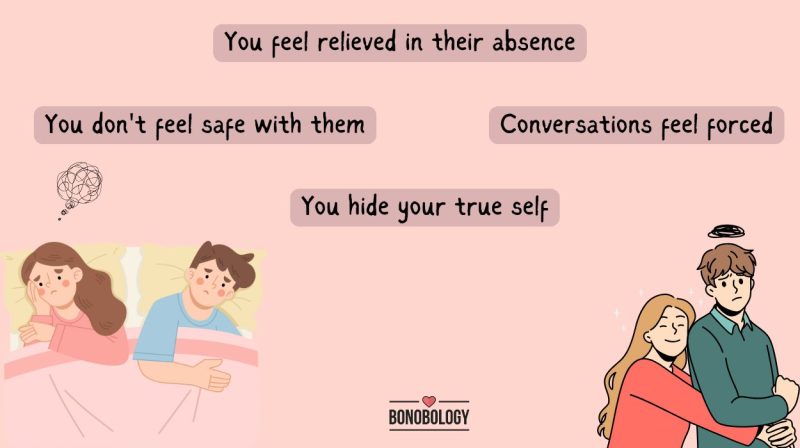

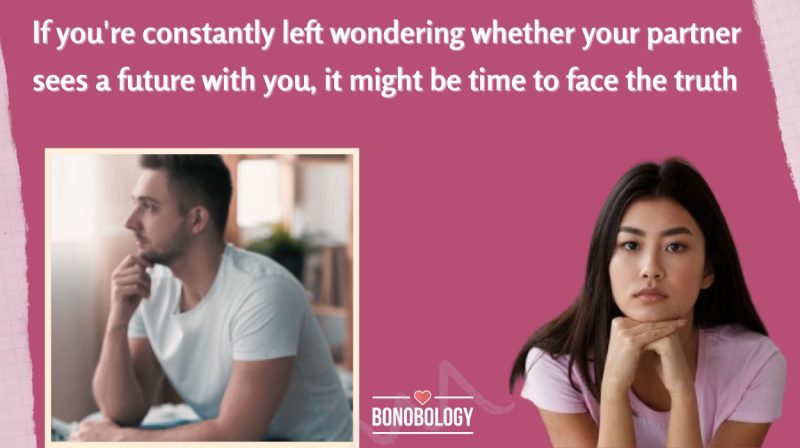
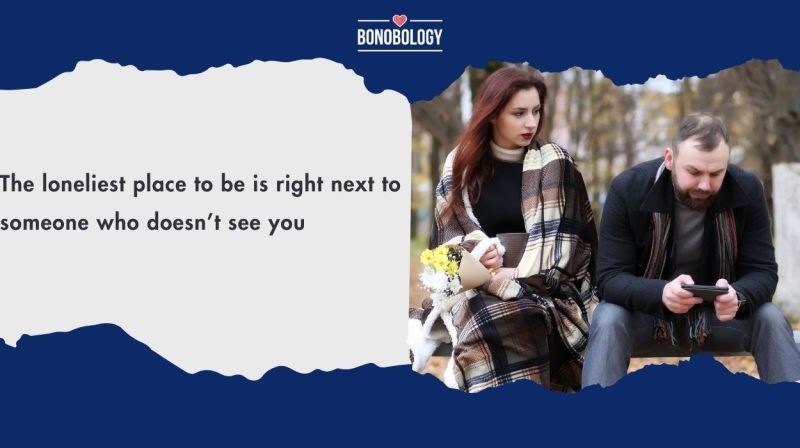
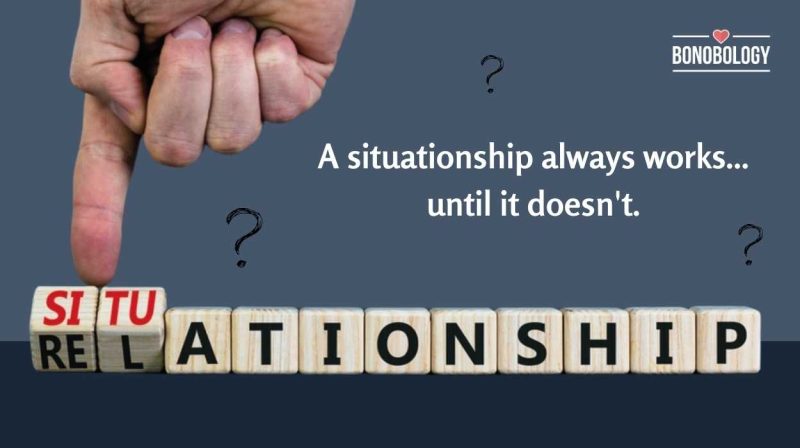
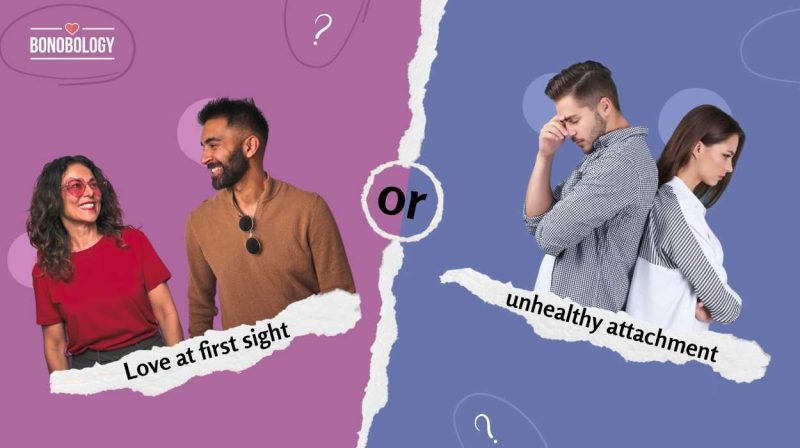
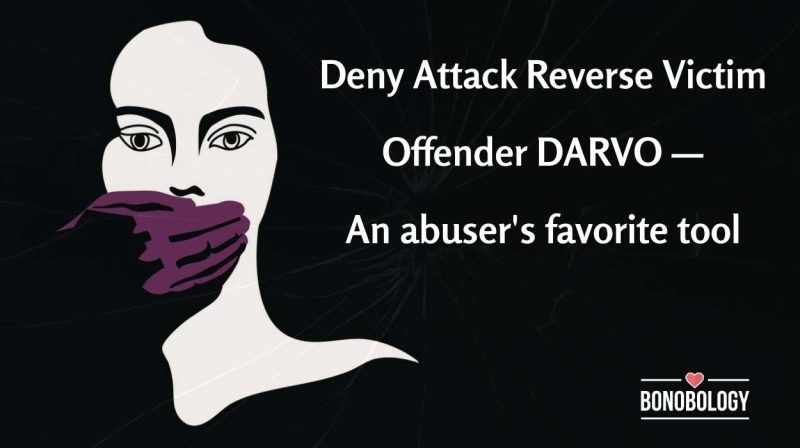
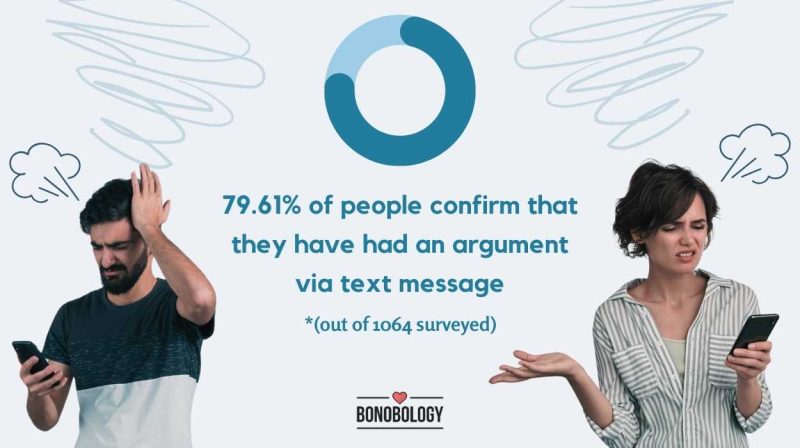
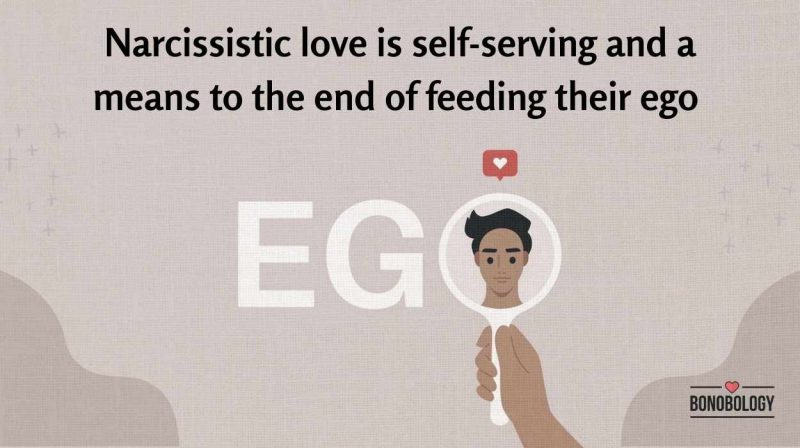
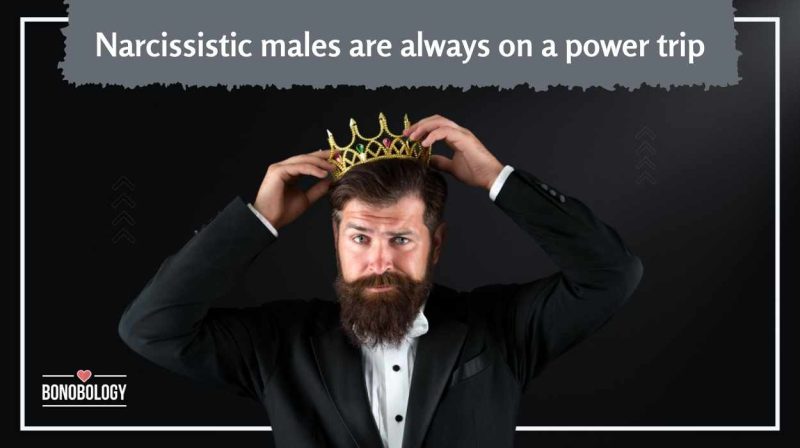
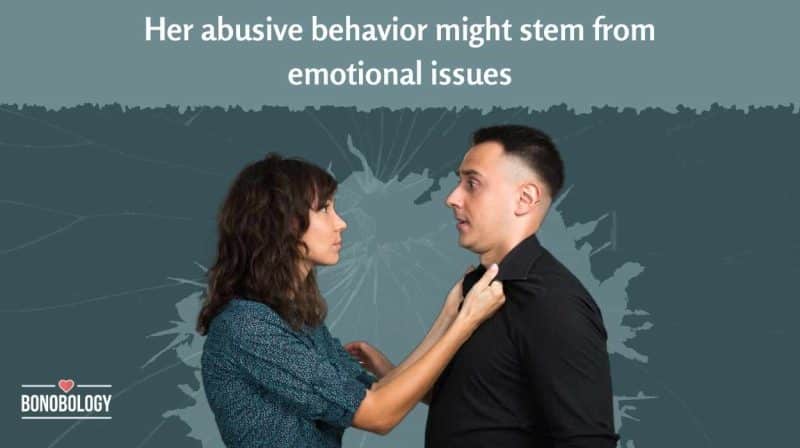
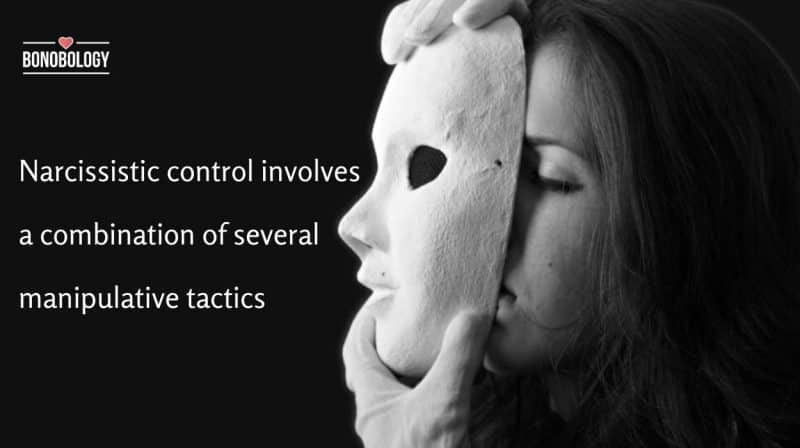
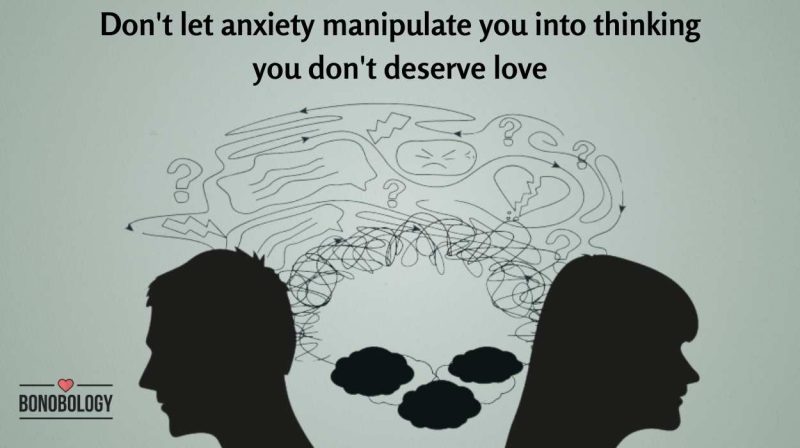
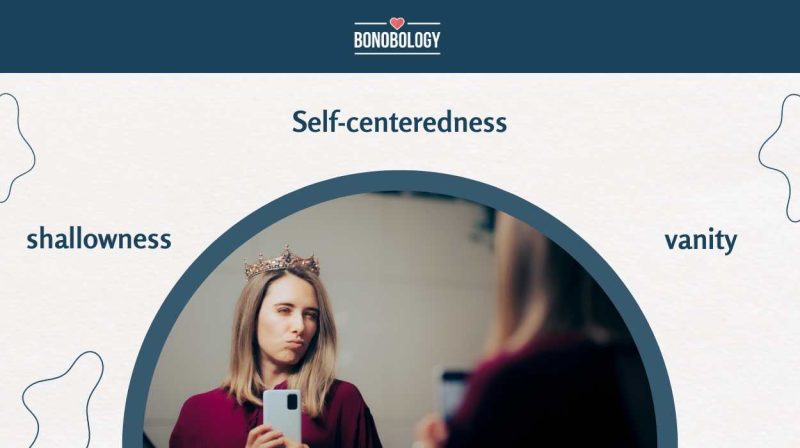
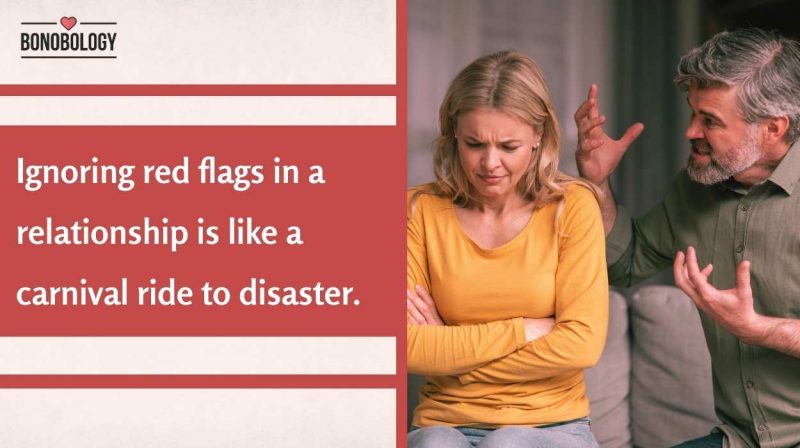
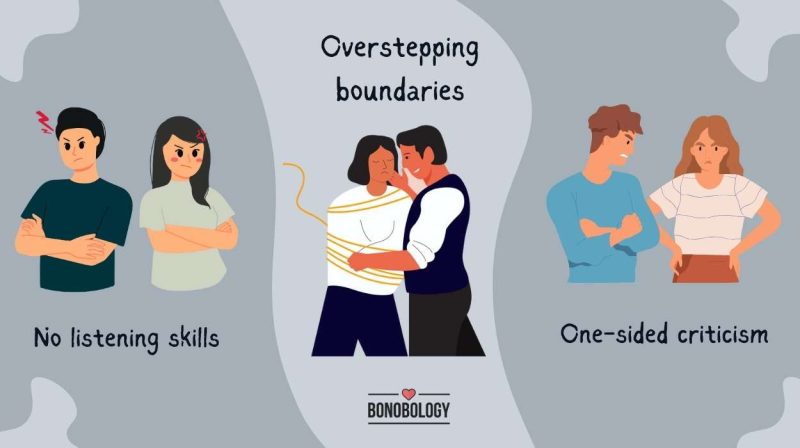
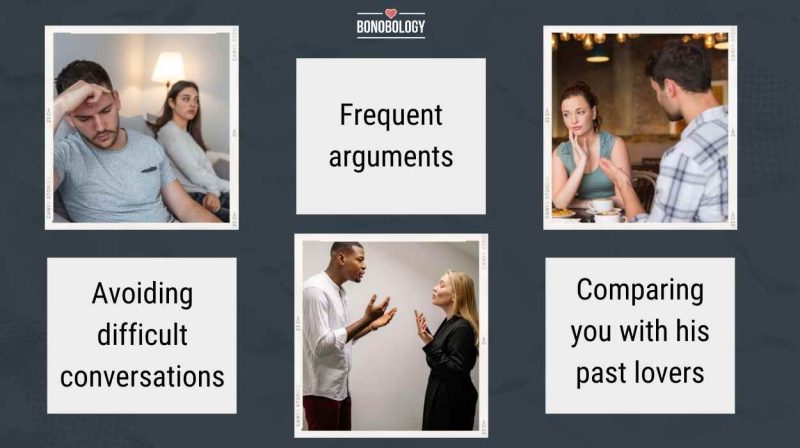
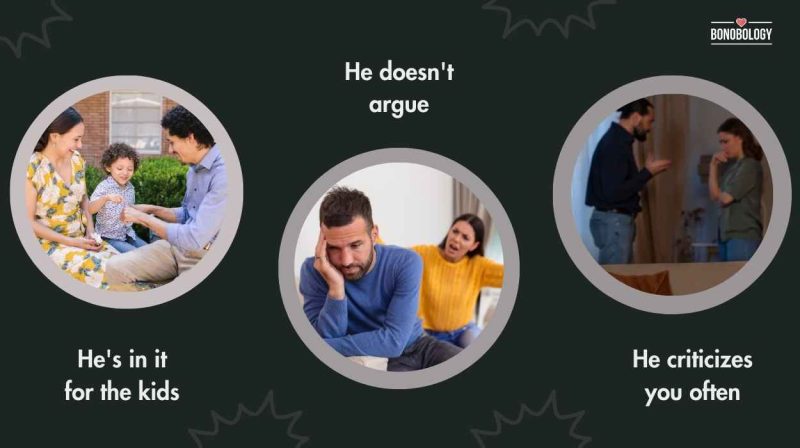
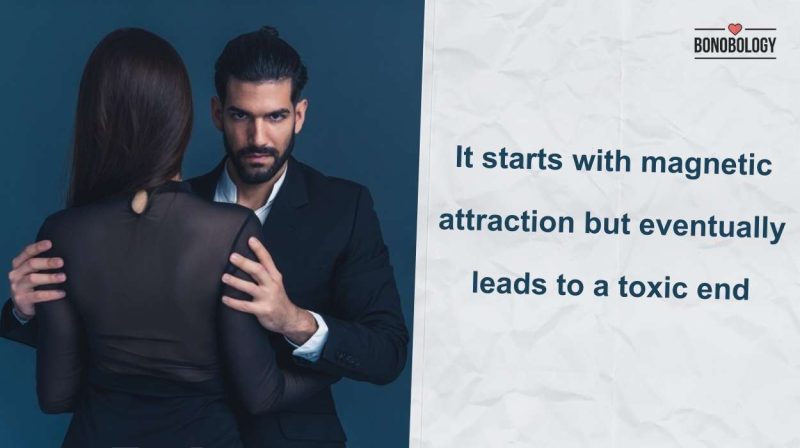
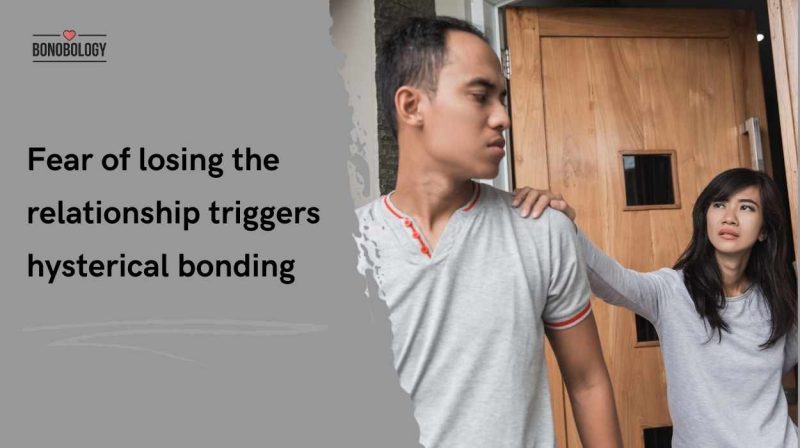
Featured
21 Subtle Signs You’re Not Really In Love With Your Partner
When Health Challenges Affect Your Relationship Dynamics
5 Harsh But True Signs He’ll Never Marry You
21 Signs That You Are Alone In A Relationship
11 Situationship Red Flags You Should Know About
Why Do I Get Attached So Easily? 9 Possible Reasons and Ways to Stop
How To Respond To DARVO: Expert Lists 7 Strategies
What Is Fexting, And Why Is It Bad For Your Relationship?
Are Narcissists Capable Of Love?
11 Prominent Male Narcissist Traits to Watch For
Why Does My Girlfriend Hit Me? Expert Shares 11 Possible Reasons And Ways To Cope
How Does A Narcissist React When They Can’t Control You?
“My Anxiety Is Ruining My Relationship”: 6 Ways It Does And 5 Ways To Manage It
13 Distinctive Traits Of Female Narcissists Revealed
Recognizing The 13 Red Flags Of A Controlling Relationship
What Are The Examples Of Narcissistic Behavior In A Relationship?
11 Signs He Is Forcing Himself To Love You
21 Signs The Relationship Is Over For Him and How To Deal With It
21 Stages Of A Narcissistic Relationship With An Empath
Understanding Hysterical Bonding: What It Is And Why It Happens